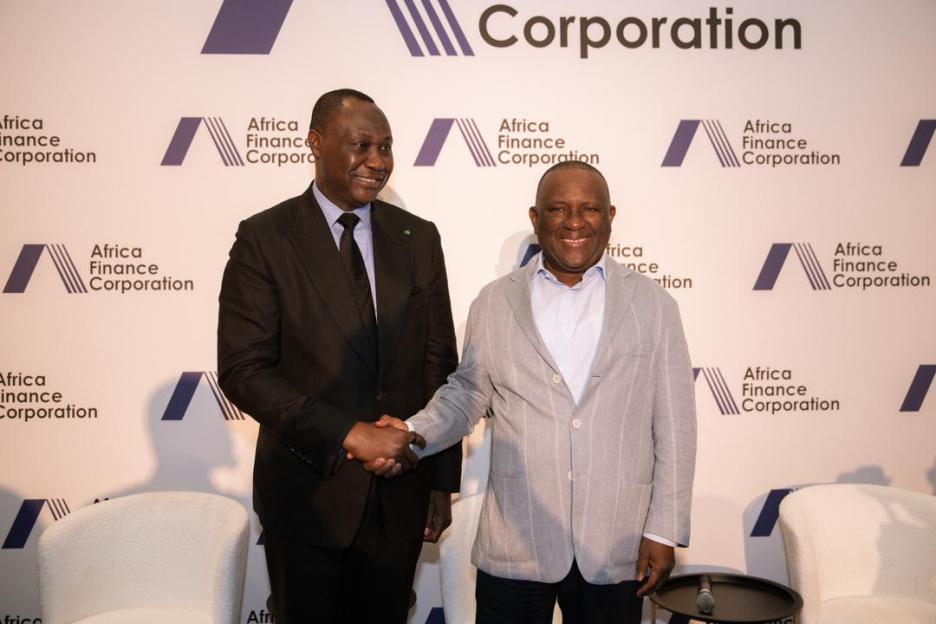The Energy Policy Advancement Centre (EPAC) has said the ongoing reconciliation between the Nigerian National Petroleum Company Limited (NNPCL) and the Federation Accounts Allocation Committee (FAAC) has brought significant changes to revenue management in the upstream petroleum sector.
In a statement signed by its Director-General, Dr. Ibrahim Musa, the group stated that the process, overseen by the Technical Sub-Committee of the Alignment Committee on the Reconciliation of Indebtedness, has not only improved accuracy in revenue tracking but also led to tangible debt recovery.
According to EPAC, the exercise yielded $459,226 in the first half of 2025 from outstanding obligations, part of a cumulative $1.436 billion owed from crude oil lifting contracts dating back to October 2022.
EPAC noted that the improved reconciliation process has also contributed to the Nigerian Upstream Petroleum Regulatory Commission’s, NUPRC, N5.21 trillion revenue between January and June 2025.
It said, “NUPRC has moved beyond passive regulation to active value generation. This is the kind of institutional energy Nigeria needs—one that does not see targets as threats but as opportunities to innovate and excel.
“We are in an era where every revenue stream matters. With the right cooperation, there is no reason the N15 trillion target cannot be met or even surpassed. The NUPRC has set the tone; it is now up to all stakeholders to match that commitment,” he said.
According to EPAC, the figure represents 42.7 per cent of the record N12.2 trillion revenue achieved in 2024 and 34.7 per cent of its N15 trillion annual target for 2025.
It said breakdown of the earnings showed N1.04 trillion from NNPCL joint venture and production sharing contract royalty receivables, N315.93 billion from Project Gazelle receipts, and other inflows from royalties, gas sales, flared gas penalties, and joint venture operations.
The group said NNPCL is owed N6.60 trillion in joint venture royalties from October 2022 to June 2025, showing the extent of delayed payments now being tackled through the reconciliation process.
It urged oil companies to sustain timely payments and regulatory compliance to build on the gains recorded so far.







